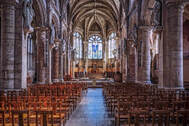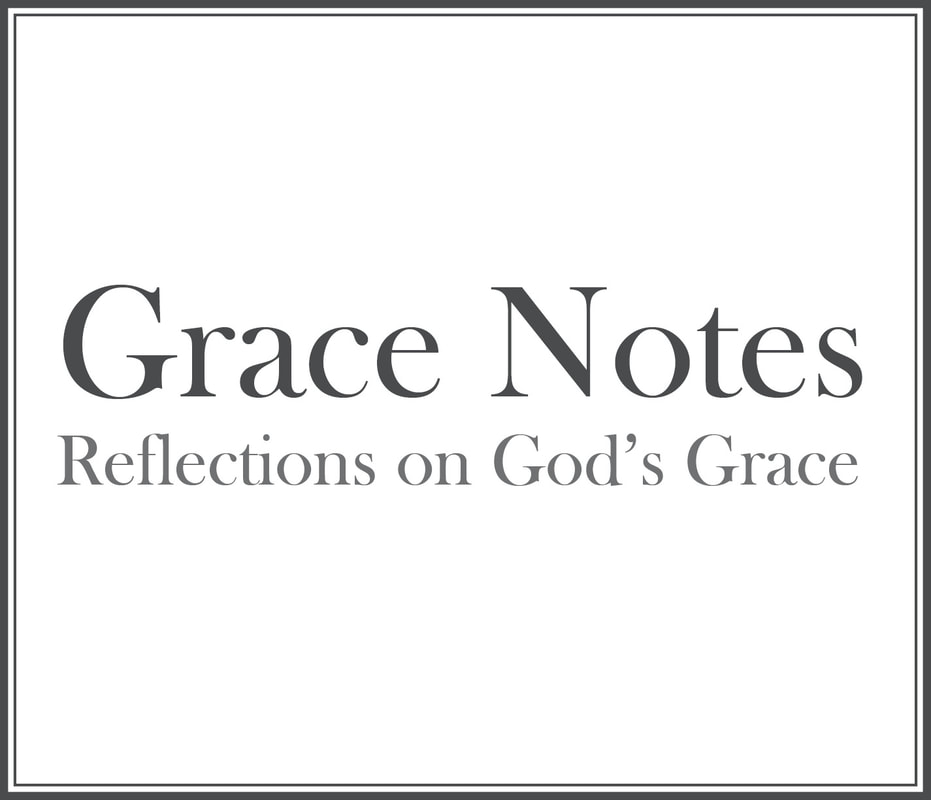 Recently I have been re-reading the book, “Searching for Sunday: Loving, Leaving and Finding the Church” by Rachel Held Evans. It is an easy read but filled with thoughtfulness as she reflects on her own faith journey and where it has taken her. She breaks down, chapter by chapter, various aspects of the Church that make the Church the Church. It is a book filled with grace. Rachel Held Evans spent much of her life searching for the Church. In order to do that, she needed to have an understanding of scripture and the mystery of God at work in herself and the world. Rachel was raised in a fundamentalist faith. Her father was president of a fundamentalist college. Church was always a part of her, but the Spirit left her unsettled in the church of her childhood. Hence, as she moved into her college years and young adult years, she searched for community and doctrine, both necessary parts of the church, where she could find authentic worship, live in community with others, and love Jesus.
Evans found her place in the Episcopal Church USA and lived the rest of her short adult life in a faith community that was extremely important to her. In this day and age when church shopping is common, it can be triggered by one of two different motivations. One is driven by the consumer culture as we live in a culture where church needs to be “my way,” and if I cannot have it my way, I will find another church home. For this person, church is not so much about community as about what I want. In the second type of motivation, the person is not a church shopper but a searcher. They, like the author, are searching for a community of acceptance that lives their mission, although not perfectly, but they know the direction they are going. Old Testament scholar Walter Brueggemann is quoted at the beginning of her chapter called “Dirty Laundry.” “Churches,” he says, “should be the most honest place in town, not the happiest place in town.” Evans digs into what this means. Gathering for worship is a holy time that draws us all together as a community, to remember who we are. Our identity is given through the waters of baptism which we remember each time we worship. We gather to hear words of life from scripture and the sermon and to receive grace through the sacrament of the Lord’s Supper. From this point of connection with each other and God in worship, we leave and reconnect with each other in other ways during the week. Sometimes it is through our shared brokenness. A brokenness which also pushes us to reach out to others in our neighborhoods. It may be through the Journey in Grief group or the Peace After Divorce group. Evans writes, “I’m a Christian because Christianity names and addresses sin. It acknowledges the reality that the evil we observe in the world is also present within ourselves. It tells the truth about the human condition – that we are not okay.” She goes on, “At its best, the church functions much like a recovery group, a safe place where a bunch of struggling, imperfect people come together to speak difficult truths to one another.” This is one of the gifts that our small groups offer as we choose to share life with each other as we gather for fellowship, service, or study. We are a God-given gift to each other. Community building continues to be challenged due to Covid, yet some of our small groups are growing, and others are persisting and meeting the challenge the best they can. Yet there are many who do not feel comfortable being in worship due to health issues, or some families bringing their small children, and others who are not immunized. Community does not mean we all need to be physically present at the same time or that we are a totally like-minded group. But perhaps this is a time to recall who you are not seeing in worship and reach out to them with a card or email to let them know they are missed or that you are thinking of them. Being distanced from the community is a challenge to deal with. It is a loss, either temporary or for many of our homebound it is permanent. We are a community drawn together in all our humanness and welcome others to join us. Recall our welcome statement, it reflects who we are and God’s grace at work in our lives. Holy Trinity Lutheran Church Statement of Welcome and Inclusion Grace, peace, and welcome to you in the name of the blessed, Holy Trinity – Father, Son and Holy Spirit. We are people simultaneously faithful and afraid; broken and redeemed; joyful and struggling to keep it together. Together, we strive to share God’s love by loving our neighbors and loving creation. Even though we don’t know you yet, we already love you. You are loved. We believe you are a beloved child of God created in God’s image. You are loved. We believe Jesus loves you and taught us, “Love one another as I have loved you.” You are loved. Your race, gender identity, mental or physical ability, sexual orientation, marital status, financial situation, social standing, education, cultural background, immigration status, or any other category or label cannot separate you from the love of God, nor keep you from being what God called you to be. You are loved. No matter where you are on your faith journey, no matter the questions you bring, no matter the doubts or struggles you bear, there is a place for you here to ask, seek, and share. You are invited. We strive to create a safe, inclusive, and affirming environment where all are invited, and each is accepted and embraced. We invite you to receive and share God’s love as you are, for who you are. - The People of Holy Trinity Lutheran Church I am humbled to be a part of this faith community, even during this challenging time. I pray you are also. It is here we connect in faith, in struggles, in life together! What a gift we have received! There is no place like the church! In Christ, Pastor Pam
0 Comments
Leave a Reply. |
Categories
All
Archives
July 2024
|


 RSS Feed
RSS Feed

